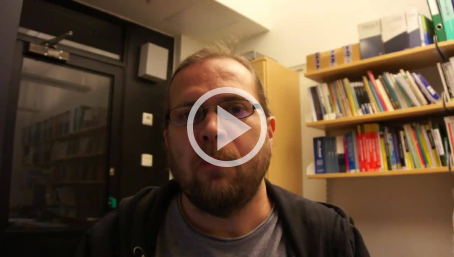Nonlinear Storytelling Method and Tools for Low-Threshold Game Development
DOI:
https://doi.org/10.7577/seminar.3074Keywords:
digital storytelling, nonlinear storytelling, educational game, storytelling softwareAbstract
In our research project, an educational computer game was developed. To enable a low-threshold participation to the game development process for people with low information technology skills, tools for nonlinear storytelling software were reviewed. Nonlinear storytelling is a method in digital storytelling where the storyline is not linear but has branches. This is typical for interactive stories such as computer game plots. The aim of the study was to find easy to use tools suitable for educational game development. The history of nonlinear storytelling is shortly discussed from the early experimental literacy in pre-information technology age to hypertext and game development tools of information technology. Software for nonlinear storytelling is reviewed. Special attention is paid for usability, software licensing models, and integration with modern game engines. An open source storytelling software Twine was chosen for this project. Nonlinear stories (n = 14) were collected during the game development project. Participants were over 30 year old adults who had low information technology skills. A qualitative analysis of the collected stories is performed. Writing nonlinear stories is activity that is not familiar to most people. Common errors and misconceptions in collected stories are studied. Usability of the stories in the context of game integration is examined. These observations and findings are used to develop storytelling process more meaningful to students and to harness the nonlinear storytelling method more effectively in educational game development.

Published
How to Cite
Issue
Section
License
Copyright (c) 2019 Mika Letonsaari, Dr.

This work is licensed under a Creative Commons Attribution 4.0 International License.
Seminar.net is a fully open access journal, which means that all articles are available on the internet to all users immediately upon publication. Use and distribution in any medium is permitted, provided the author and the journal are properly credited. The journal allow reuse and remixing of content in accordance with a Creative Commons license CC-BY
- The journal allows the author(s) to hold the copyright without restrictions.
- The journal allows the author(s) to retain publishing rights without restrictions.
- Seminar.net does not charge authors for publishing with us.